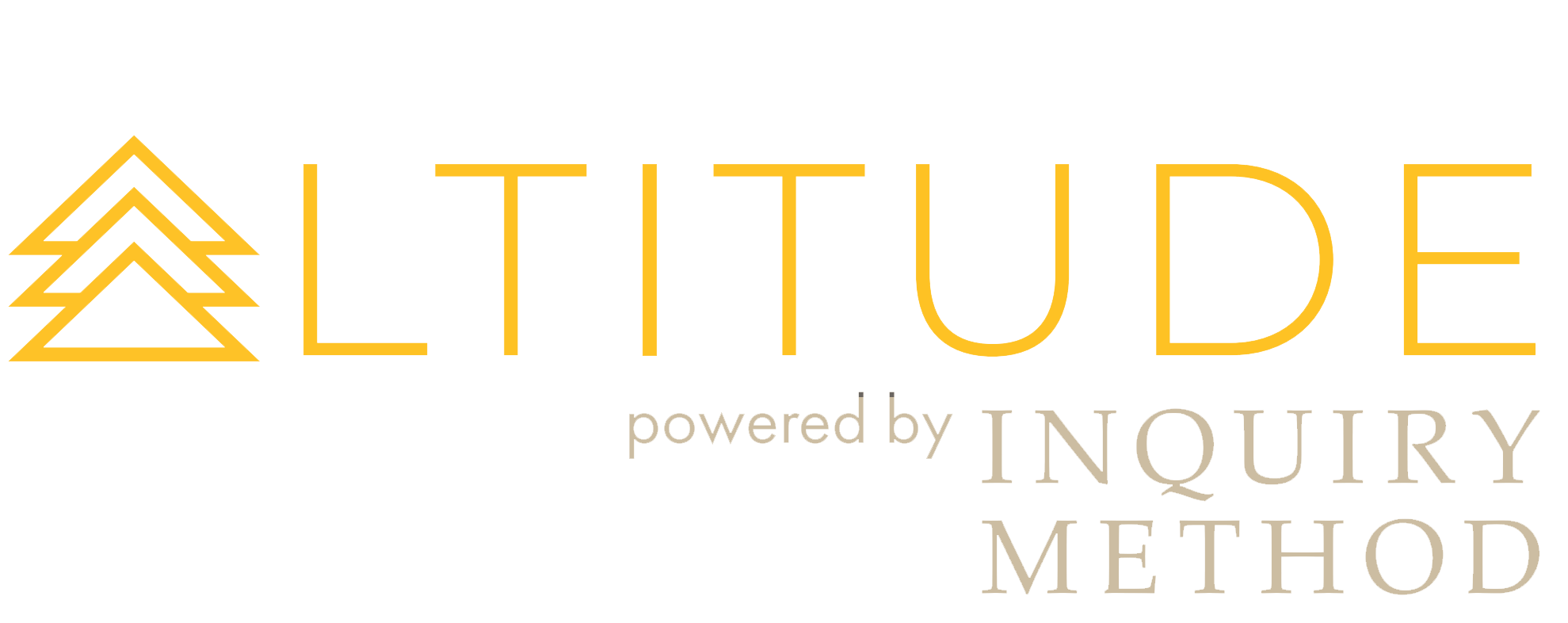Self-Love
Recently, I received a question from someone that follows my blogs. The essence of the question was: “How do I love myself?”This is a really important and critical question at many levels of growth. How do we truly honor and love ourselves even when we are so clearly imperfect, struggling or having strong negative feelings? The capacity to love oneself is tricky because we have not identified which part of us is doing the loving and which part is being loved. Let us think about the question of self-love through the lens of the three aspects of self that we refer to in Inquiry Method™: mind, body and source.If we think about loving ourselves from the mind or conditional love, this is coming from the ego, which generally comes through having accomplishments, meeting expectations, or achieving goals etc. That conditional love is not the kind of love that most are looking for or want. In many cases we may be matching up with an ideal that we or other people have set for ourselves. Conditional love will never satisfy that yearning for love, because it can be withdrawn at any time and it is based upon what we may be doing or what is happening right now, not who we are.Another form of love that we associate with the body is emotional love or passionate love. Emotions are carried by and can be recognized in our physical bodies. Emotional love is a special gift that we get at certain moments in our lives; when we are feeling particularly inspired about what is happening right now, an experience, when in nature or beauty, or just in connection with this deep emotional love of being in life, with another person, or by ourselves. Essentially, it is loving towards ourselves for no reason. This emotional love is wonderful, but it is also transitory; meaning it cannot be held on to or manifested at will. Some may be able to practice connecting with emotional love through loving practices or loving meditations, but essentially it will still be transitory, like the weather.The third kind of love is a love from source or soul; and this love is unconditional love. This love requires us to drop in to our larger selves, meaning that we have to step into that part of us that is larger than our intellectual nature (mind), or our emotional nature (body). This larger broader self or higher self recognizes the needs of the mental and emotional self and hold space for it. Meaning: loving unconditionally. It is not the same as romantic love or the emotional love, it is more like holding space and deep acceptance for the frailties in our struggles and in this experience of being human.I practice loving from source when I go to bed at night, in particular, I will drop into that more soulful part of me and be there for the part of me mentally and emotionally that has gone through the day and suffered through the “slings and arrows of outrageous fortune” - as Shakespeare has said.Of the three different mechanisms for self-love, the most relevant to the Inquiry Method™ is the love from source: the capacity to hold that larger, safer, non-reactive, nonjudgmental, unconditional love, that does not feel like passionate love, or pride, or self-esteem but is profoundly self-accepting.As a bonus, the more we are able to discover and do this for ourselves, the more we are able to love and hold that space for others. I model this in the Mountain Experience, Freedom Experiences and the other experiences that I create. It is part of what draws people so much to those experiences, is having an experience where someone is holding that profound and deep safety and acceptance without judgment for another person. As you practice this for yourself, you will increase your capacity to hold that space and be that for others.Love,Kyle
